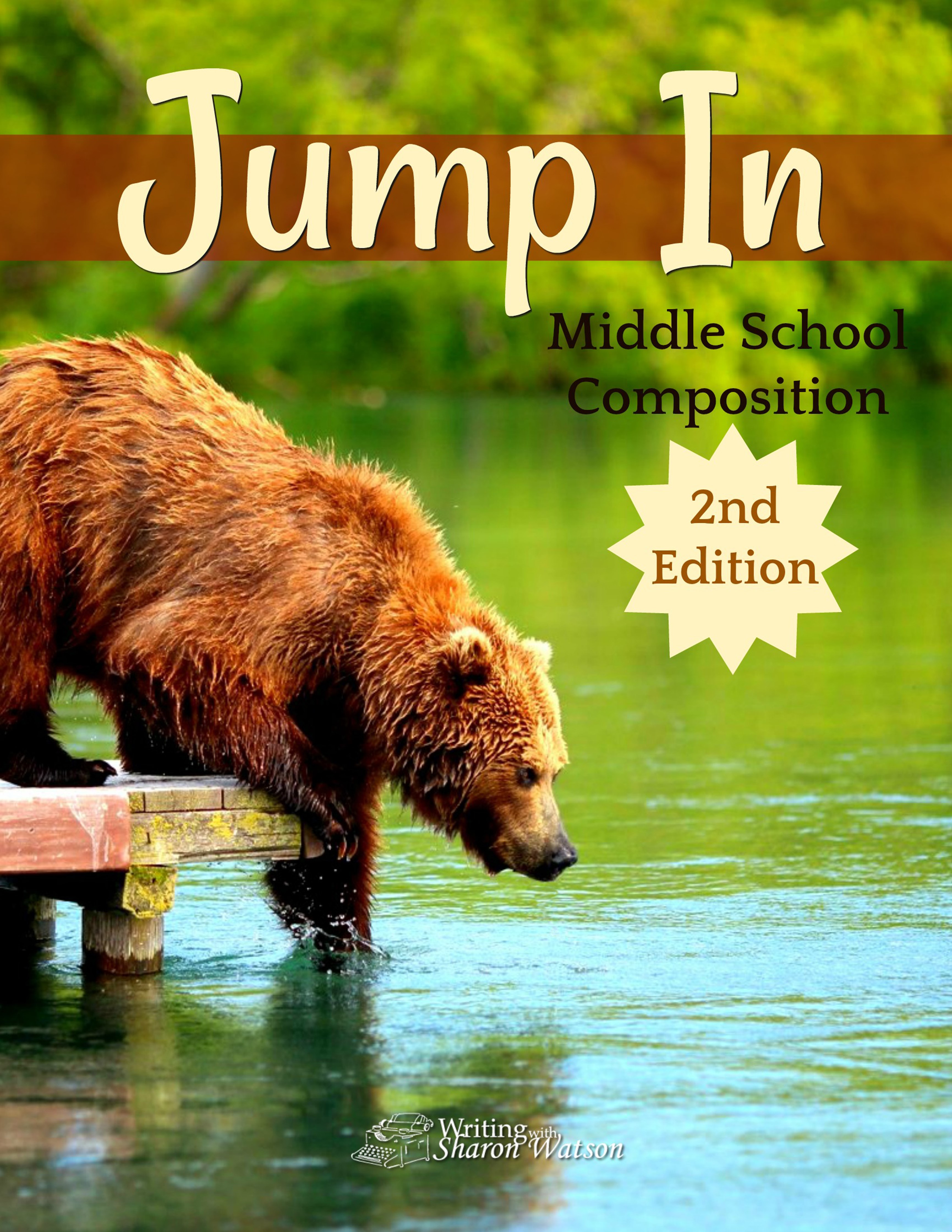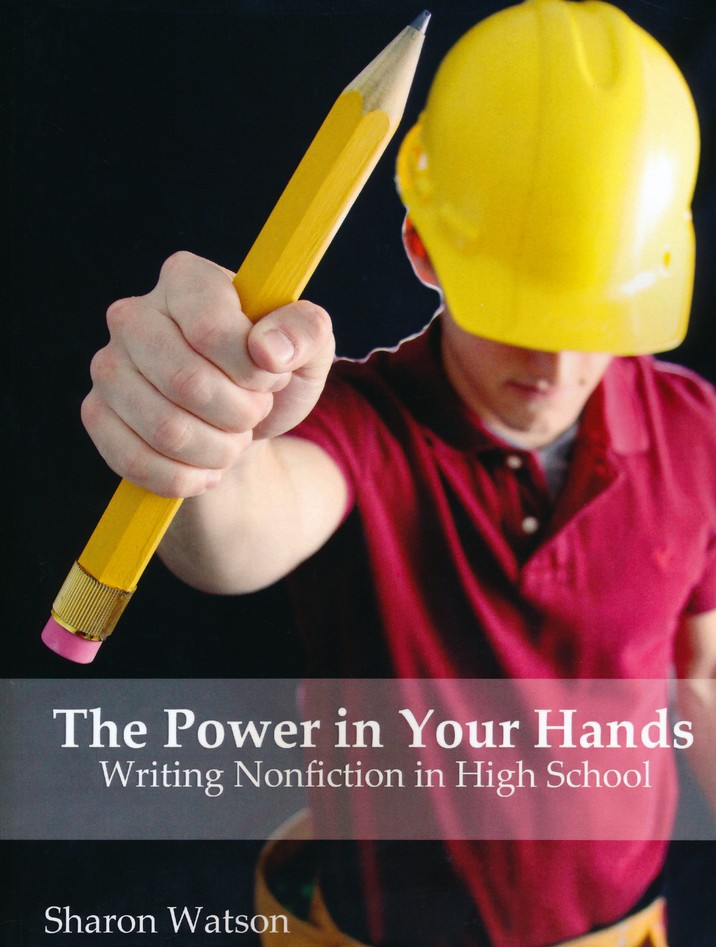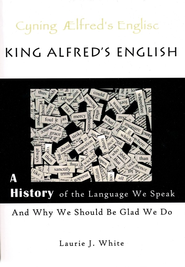Edgar Allan Poe was born January 19, 1809. Though that is over 200 years ago, we still read his work today.
He’s famous for his short stories and for poems like “The Raven.” (You know, that “Nevermore” poem.)
In an essay, Poe explained how he was very careful to choose just the right words for how they sound and for the effect he was trying to achieve. You’ll see that he was very successful in his poem “The Bells,” which is rich with writer’s devices.
 Now it’s your turn: Read Poe’s poem “The Bells” out loud. This delightful poem moves from the high, jingling sound of silver bells to “mellow wedding bells” to “brazen” bells sounding an alarm. Then the bells sound even deeper: tolling iron bells that tell of bad news.
Now it’s your turn: Read Poe’s poem “The Bells” out loud. This delightful poem moves from the high, jingling sound of silver bells to “mellow wedding bells” to “brazen” bells sounding an alarm. Then the bells sound even deeper: tolling iron bells that tell of bad news.
Notice how the phrase “mellow wedding bells” even sounds soft and mellow because Poe chose short “e” sounds in those words. That’s called assonance: using the same vowel sound inside neighboring words. The word “brazen” has a long “a” sound coupled with a harsh “z.” It sounds like alarming.
When you read the poem, start with your voice up high for the jingling bells and end with your voice very low and deep with the bad-news iron bells.
Here’s a hint about the poem’s meaning: It’s not about the bells. It’s about life. Poe touches on so many aspects of life, from the “world of merriment” to the “moaning and groaning” of very sad times.
Here are three prompt choices:
1. Write your impressions of the poem or of the messages of the different kinds of bells.
2. Which bell (and its meaning) do you identify with the most?
3. Write a poem based on sounds, as Poe does.
A version of this prompt was first posted on SchoolhouseTeachers.com. You can go directly to SchoolhouseTeachers.com to sign up and take advantage of many exciting courses written by experts in their fields.
This post contains affiliate links.
 Download your FREE chapters from our new literature course Illuminating Literature: When Worlds Collide.
Download your FREE chapters from our new literature course Illuminating Literature: When Worlds Collide.
Teachers, connect with Sharon on Facebook or Pinterest!
 Are your writers struggling? Do you wish you could figure out why your children won’t write? Would you love to have a peaceful writing class experience?
Are your writers struggling? Do you wish you could figure out why your children won’t write? Would you love to have a peaceful writing class experience?
Help your struggling writers—and you!—by identifying five hurdles to writing. Then learn practical actions you can take against those hurdles.
This article by me in The Old Schoolhouse magazine is also loaded with links to other helpful posts that will give you and your writers some welcome relief.
Click here to drain some of the tension from your writing class
Frustrated that your students don’t finish an essay or don’t know the steps to complete one? Worry no more! Click here for my latest article in The Informer about a super-practical writing schedule you WILL use!













